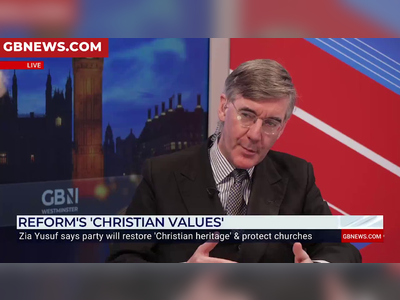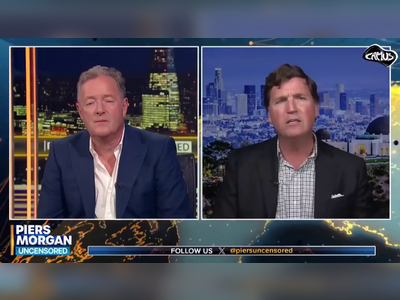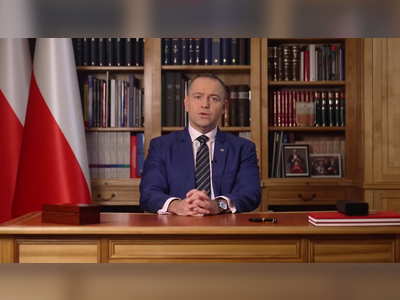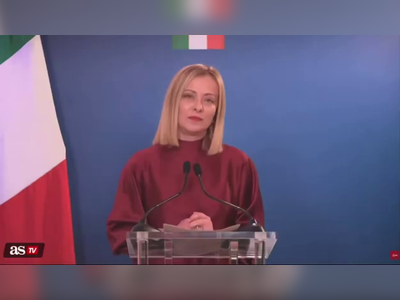Netherlands Unveils Toughest Asylum Policy Yet Amidst Coalition Concerns
As Minister Faber's proposals take shape, questions arise over legal standing and impact, while coalition debates continue.
In a move poised to reshape the nation's immigration landscape, the Dutch government is set to deliberate on what is being branded as the 'toughest asylum policy ever.' The impending decision by the ministerial council on Friday marks the first substantial examination of the proposals put forth by the country's Minister of Asylum, Marjolein Faber.
While the coalition parties express cautious optimism, there is still considerable ambiguity surrounding the policy's trajectory, its legal grounding, and its potential ramifications.
The urgency behind these proposals is significant, as they aim to address the increasing pressures faced by the Dutch asylum system.
Minister Faber's initiative, though embraced for its bold intentions, has sparked a wave of concern, especially regarding the adequacy and sustainability of asylum facilities.
Critics within the coalition argue that the proposals' stringent nature might not align with international standards, potentially inviting legal scrutiny.
Moreover, the coalition's internal dynamics reflect a spectrum of opinions, ranging from ardent support to apprehensive resistance.
As these discussions unfold, the emphasis remains on balancing humanitarian obligations with national interests—a task proving increasingly complex amid rising geopolitical tensions and migratory pressures across Europe.
As the Dutch government approaches a pivotal moment in its asylum policy narrative, the question looms: will the promised 'toughest ever' policy withstand domestic scrutiny and international standards?
The unfolding developments are certain to influence not only the nation’s immigration paradigm but also the broader European discourse on asylum and migration policy.
While the coalition parties express cautious optimism, there is still considerable ambiguity surrounding the policy's trajectory, its legal grounding, and its potential ramifications.
The urgency behind these proposals is significant, as they aim to address the increasing pressures faced by the Dutch asylum system.
Minister Faber's initiative, though embraced for its bold intentions, has sparked a wave of concern, especially regarding the adequacy and sustainability of asylum facilities.
Critics within the coalition argue that the proposals' stringent nature might not align with international standards, potentially inviting legal scrutiny.
Moreover, the coalition's internal dynamics reflect a spectrum of opinions, ranging from ardent support to apprehensive resistance.
As these discussions unfold, the emphasis remains on balancing humanitarian obligations with national interests—a task proving increasingly complex amid rising geopolitical tensions and migratory pressures across Europe.
As the Dutch government approaches a pivotal moment in its asylum policy narrative, the question looms: will the promised 'toughest ever' policy withstand domestic scrutiny and international standards?
The unfolding developments are certain to influence not only the nation’s immigration paradigm but also the broader European discourse on asylum and migration policy.











